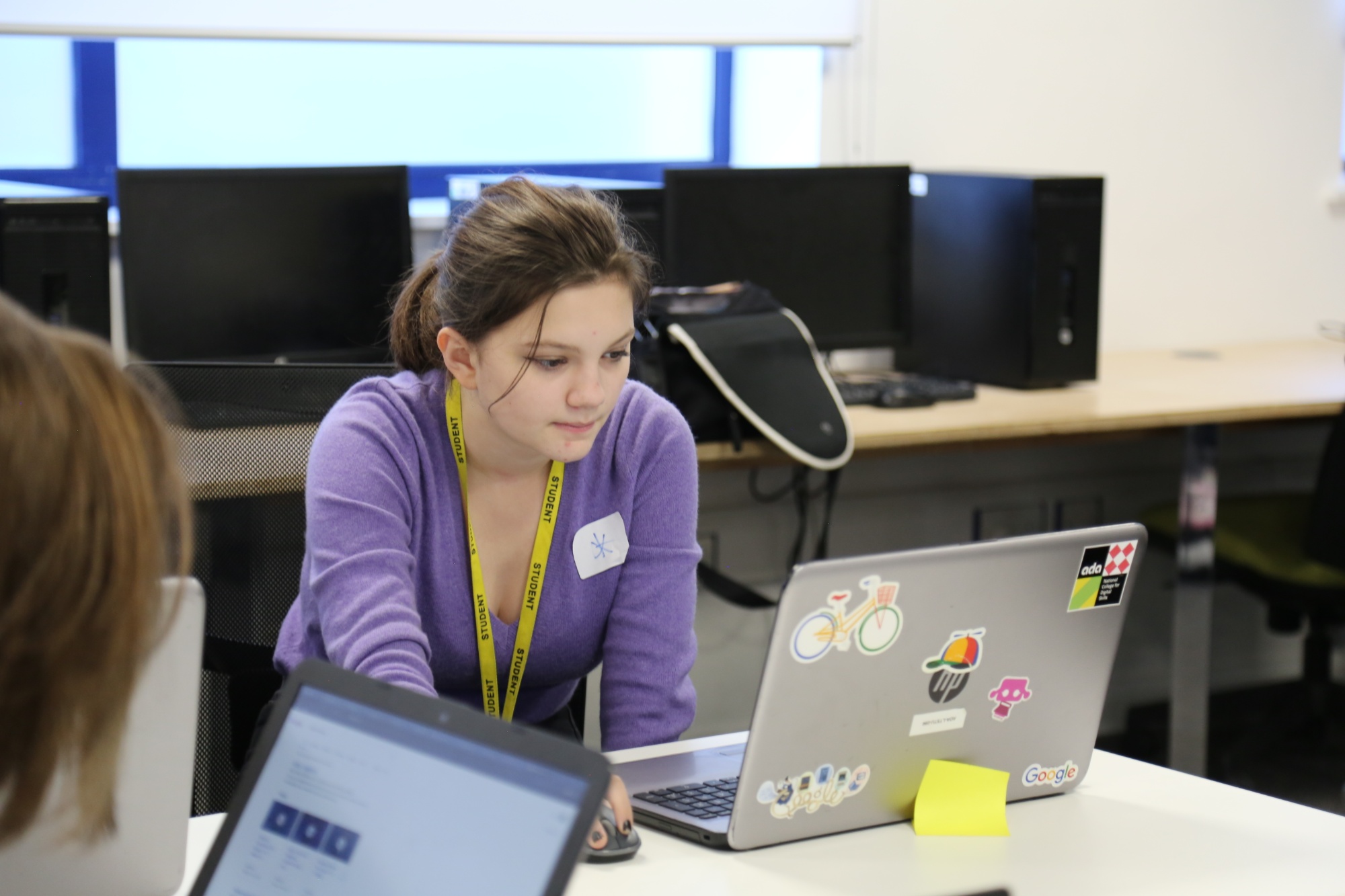How is technology changing the way we work?
Andy Rotaru
.JPG)
Over the past few decades, technology has continuously developed, becoming so sophisticated and accessible that it is now able to help many people perform their day-to-day tasks such as shopping, travelling, cooking and much more. The work environment is no different. Technology has had and is still having massive impacts on the ways in which people perform their jobs. From working processes to communication, everything has changed thanks to technology.
Starting with communication, it is safe to say that technology has massively improved and eased the way in which people communicate. Starting with the telephone, fax machine, printers, e-mail and now virtual meetings, technology has played a massive role in making communications more efficient. To put this into context, imagine this:
It’s 18501, no telephone, no internet, no printer. You are at your job, in the office in London and you must communicate with someone in Manchester to get your project done. This may be a colleague or the client himself. To do this, you now have 2 options.
- The first is to physically travel to Manchester to speak to the person face-to-face, agree and discuss whatever you need. This process is not only time-consuming but also very costly to the company as they have to pay for your train ticket and possibly your accommodation too. This could also be a stress for yourself as you have to leave your city and go somewhere where you have possibly never been before.
- The second option you have is to write a letter and send it to the Manchester office through the post. This is less costly than the first option but still time-consuming as you would have to leave your office, get to the post office, pay for a stamp and then wait for the mail to arrive in Manchester. The conversation can be lacking continuity, making it very likely for misunderstandings to occur which can lead to costly mistakes for the company and a long time for the project to be done. Another issue with this is that some people may not understand your handwriting, making letters inefficient.
Fast-forward to 2021, you are able to communicate with anyone across the globe within seconds. Thanks to technological advancements you can now send an email or join an online meeting with the person you want to speak to immediately. This is not only more cost-efficient as the email and the software that enables you to join an online meeting is free, but it is also a more efficient way of communicating. The conversation can now go both ways in real-time, just like a face-to-face conversation with instant replies and the ability to see each other for a better understanding. This helps minimise the likelihood of costly mistakes being made due to misunderstandings, saving the companies and people a lot of time and money. This is also a more convenient way to work for people, as they no longer need to leave the comfort of their own home or their city to communicate with somebody in a different location. Some people may argue, however, that this makes people lazy or antisocial as they would rather text or join a video call rather than seeing the person face-to-face.
Communication is not the only work aspect that technology has reshaped over the years, the working process in many industries has also been modified thanks to technology. For example, up until 19702, all car manufacturers required 100% human labour. Since then, the introduction of robots made the process more streamlined and more efficient. Robots are now able to perform the dangerous tasks the humans had to do, reducing the number of people being injured in the production line of vehicles. This helped reduce the number of employees getting injured in the process, but also helped the companies, who were now able to have a higher output thanks to these machineries. This then led to higher sales and higher profits for the companies. This also meant that manufacturers could reduce the asking price without hurting their profit margins which helped make cars more affordable to the wider public and could afford paying their employees more.
Today, technology is helping us get through the pandemic by enabling people to work and learn from home. Technology is most likely saving thousands of lives in 2020 and 2021 as it enables people to isolate and stop the spread of the coronavirus while keeping an income. This is thanks to the technology available, as people can now work and learn remotely, from the comfort of their own home, without putting themselves and their families at risk. However, working from home can be anxiety-inducing and depressing for some as the monotony has a huge impact on their mental health.
Today, technology is helping us get through the pandemic by enabling people to work and learn from home. Technology is most likely saving thousands of lives in 2020 and 2021 as it enables people to isolate and stop the spread of the coronavirus while keeping an income.
Furthermore, people could argue that technology is the main cause of having such an antisocial society and that it causes so many people to be both, physically and mentally unwell due to the need of moving around now being erased by technology and because people no longer need to communicate to get things done. People could further argue that technology is slowly removing the need for people and that it will make so many people redundant by doing their jobs more efficiently. However, the statistics show that technology has created more jobs than it erased by allowing humans to focus on the creative side of the work. Even capital intensive industries still employ more and more people. For example, the number of people working in the automotive sector is on a continued increase with about 100,000 more people in this field in 2019 than there were in 20133 in the UK alone.

Technology has surely reshaped the way in which people work, whether this is for the good or for the bad, it is up to you to decide. I personally believe that technology has had an overall positive impact on the way we work by making communication more efficient, making processes more streamlined through automation and significantly improving processing times and helping the health and safety of staff by performing the dangerous tasks and allowing people to focus on their creative side, leading to more and more innovation.
Read more of our student's opinions on how technology is changing the world of work.
1 "The invention of the telephone - Ericsson." https://www.ericsson.com/en/about-us/history/changing-the-world/phones-for-everyone/the-invention-of-the-telephonehttps://www.ericsson.com/en/about-us/history/changing-the-world/phones-for-everyone/the-invention-of-the-telephone. Accessed 23 Feb. 2021.
2 "The History of Robotics in the Automotive Industry | RIA Robotics Blog." 17 Jan. 2017, https://www.robotics.org/blog-article.cfm/The-History-of-Robotics-in-the-Automotive-Industry/24. Accessed 23 Feb. 2021.
3 "• Employment in the UK automotive industry | Statista." 1 Jul. 2020, https://www.statista.com/statistics/867642/automotive-industry-employment-figures/. Accessed 23 Feb. 2021.
